Behavioral Research Blog

25 May
human behavior research
Emotion
The role of entrepreneurs’ facial expressions to gain financial support
As an entrepreneur, attracting financial support is essential to get your start-up of the ground. How can positive facial expressions help to be more successful in a funding pitch?
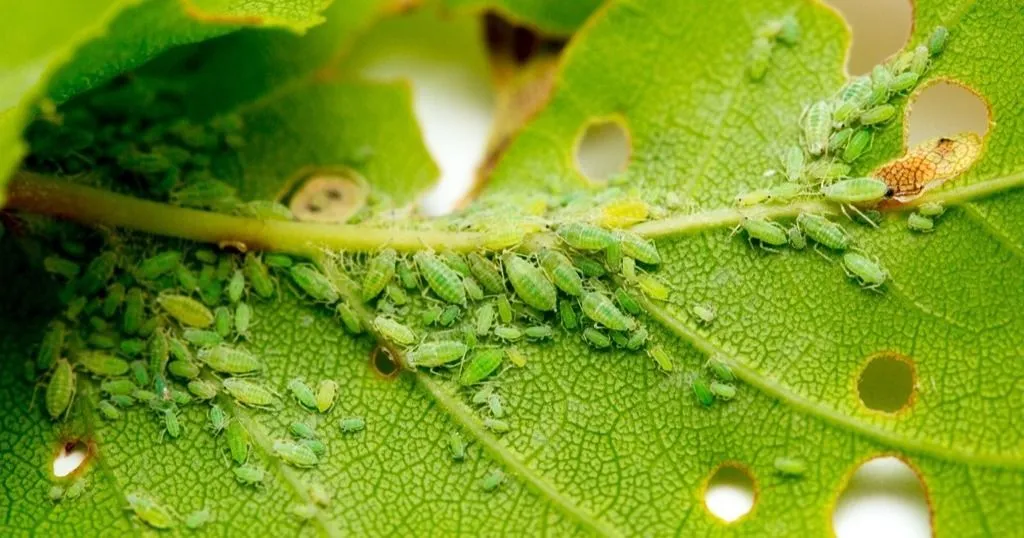
19 May
animal behavior research
Other (Animal)
Screening plants for resistance to insect pests
EntoLab is a computerized system for automated screening of plants for resistance to sucking insects. It can accurately screen many different plant lines in a high-throughput manner.

17 May
human behavior research
Psychology
Observing and coding the behavior of siblings
Would it help if your brother or sister is sitting by your side when you're in pain? Would that ease the pain, or provide some distraction?
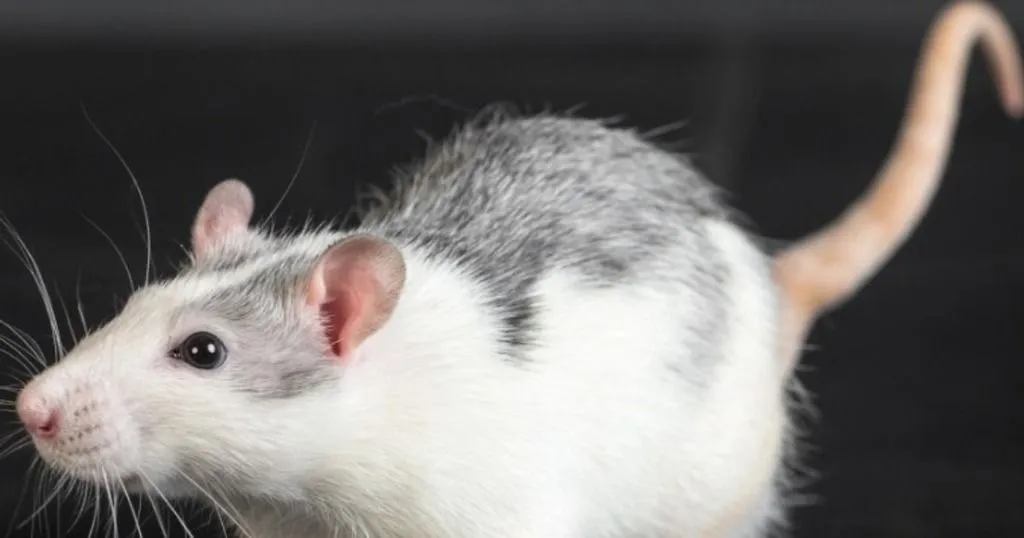
03 May
animal behavior research
Gait and Locomotion
Vestibulopathy: movement and balance issues investigated in rats
It is hard to diagnose vestibulopathy, so a rat model was developed to study the progress of symptoms, from day one to day 30 after ear injury. Results can improve future human diagnosis and therapy options.
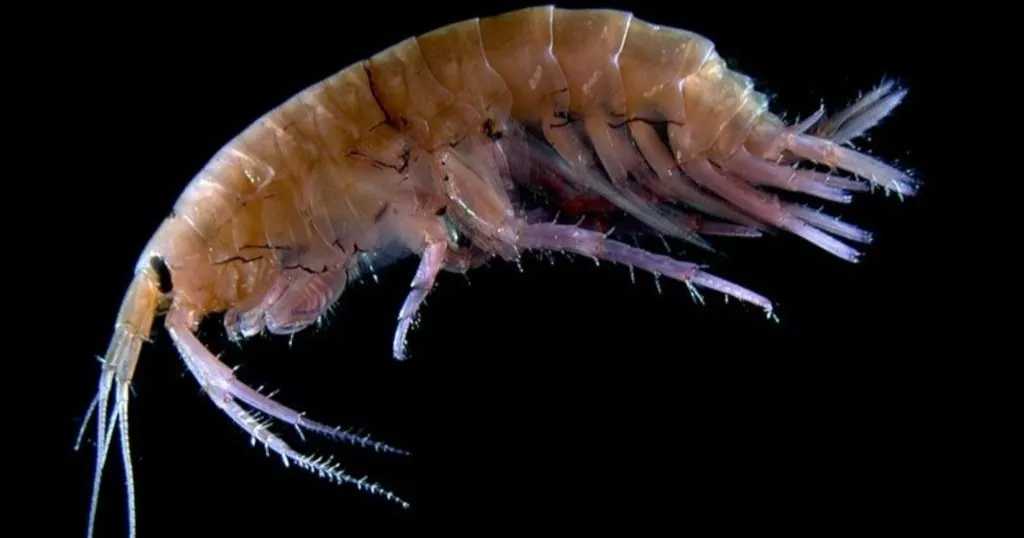
08 Apr
animal behavior research
Other (Animal)
Nearly impossible to video track: small shrimp
Gammarus shrimps are exceptionally difficult to track, but Noldus solved the puzzle, resulting in interesting insights into its ecology.
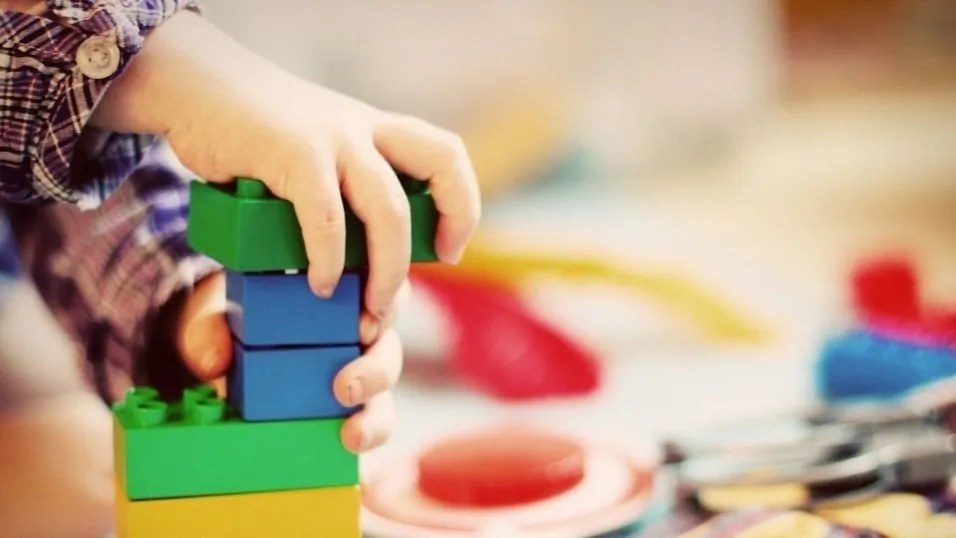
06 Apr
human behavior research
Psychology
How does handedness relate to infant language development?
Developing motor skills appears to be related to language abilities. The research team of Sandy Gonzalez investigated whether consistency in handedness predicts receptive and expressive language.
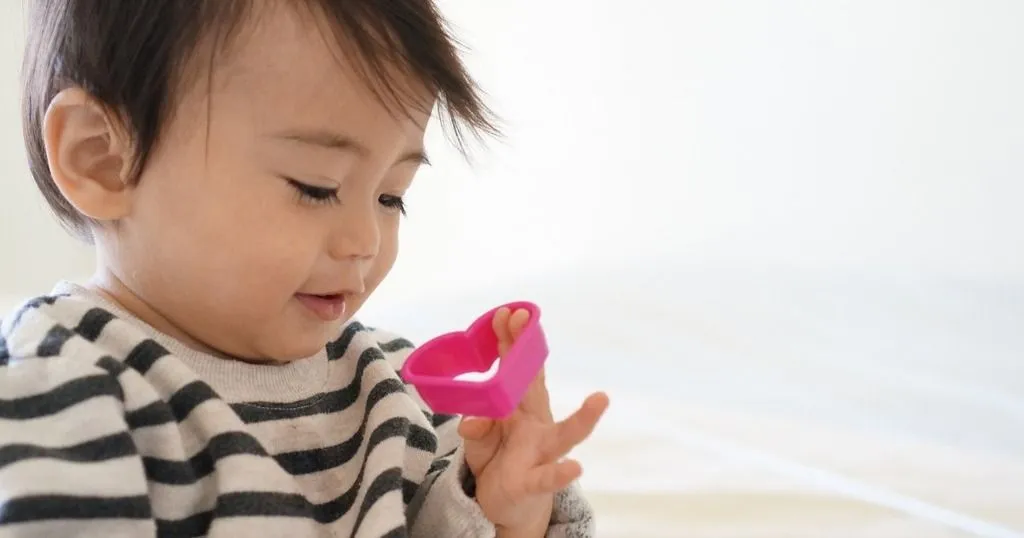
18 Mar
human behavior research
Psychology
Observing and analyzing repetitive movements in infants to detect autism
To examine if a specific repertoire of repetitive movements was present in children with autism, researchers used home videos to code the behaviors of the infants.

11 Mar
human behavior research
Consumer
Measuring consumer choice behavior
Two recent projects provide new insights into how best to measure the choices that we make.

16 Feb
human behavior research
Psychology
The role of mimicry in the development of social communication
Children learn from interacting with others, especially their parents. For example, reproducing the emotions that others express is part of that.

08 Feb
human behavior research
Psychology
Learn about people's behavior by observing them
An observation or usability lab allows researchers to observe test participants unobtrusively, in an environment similar to the participant’s natural surroundings.